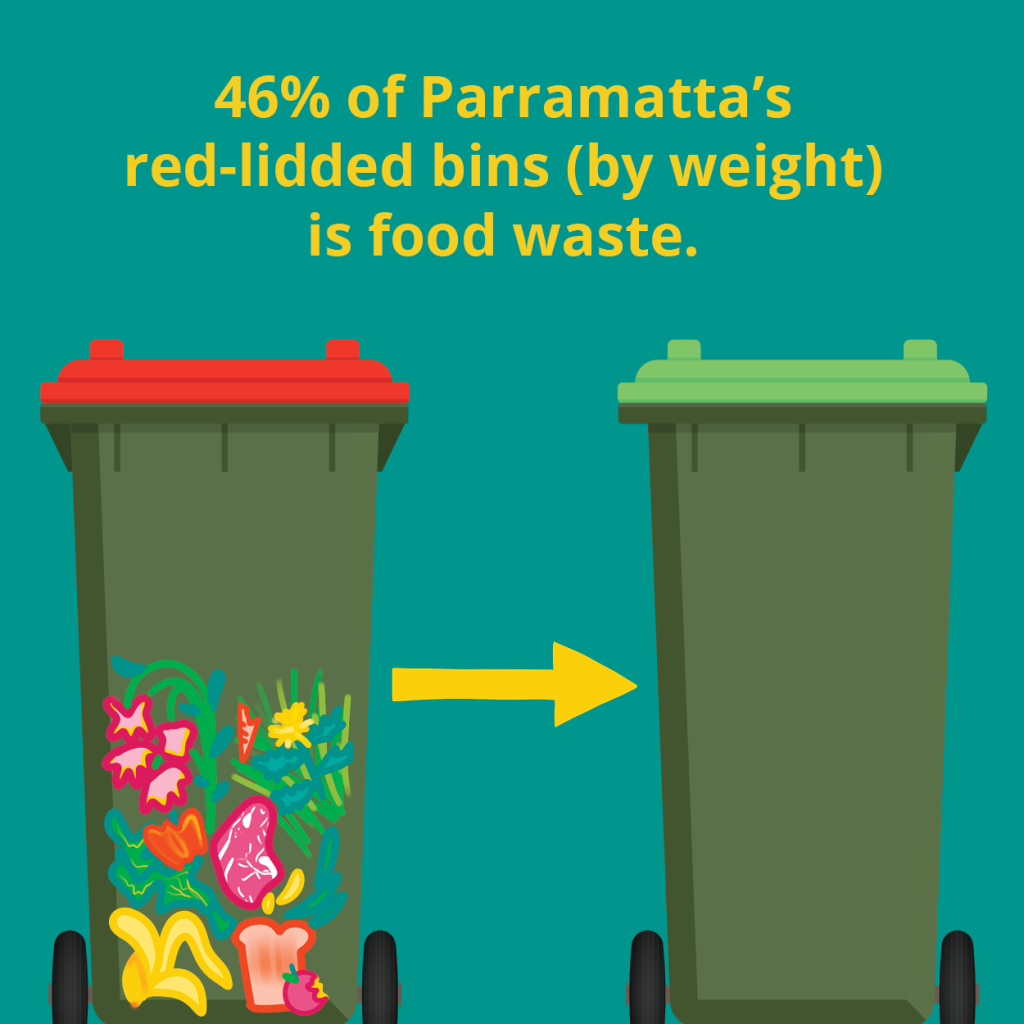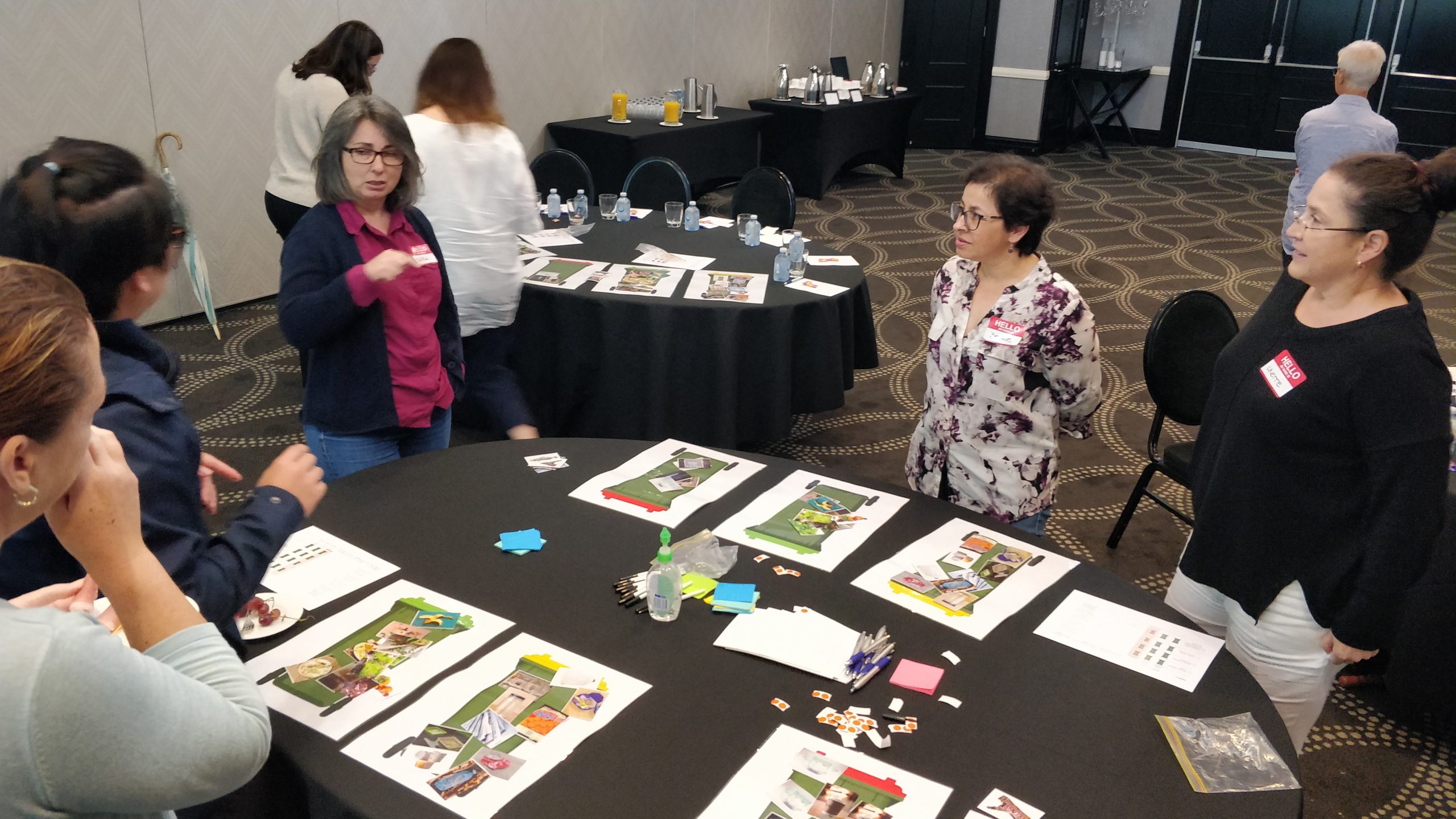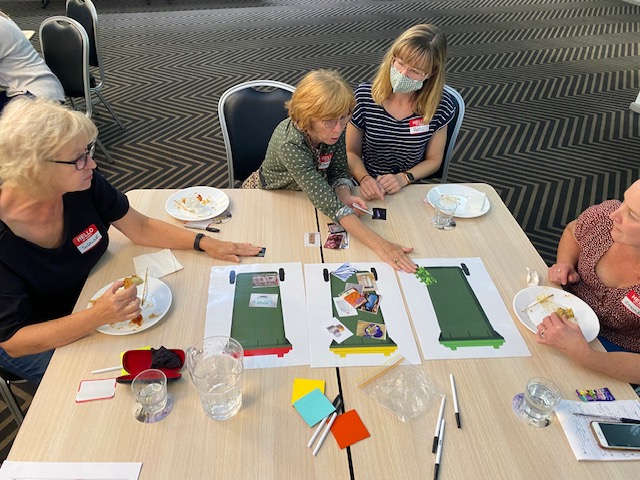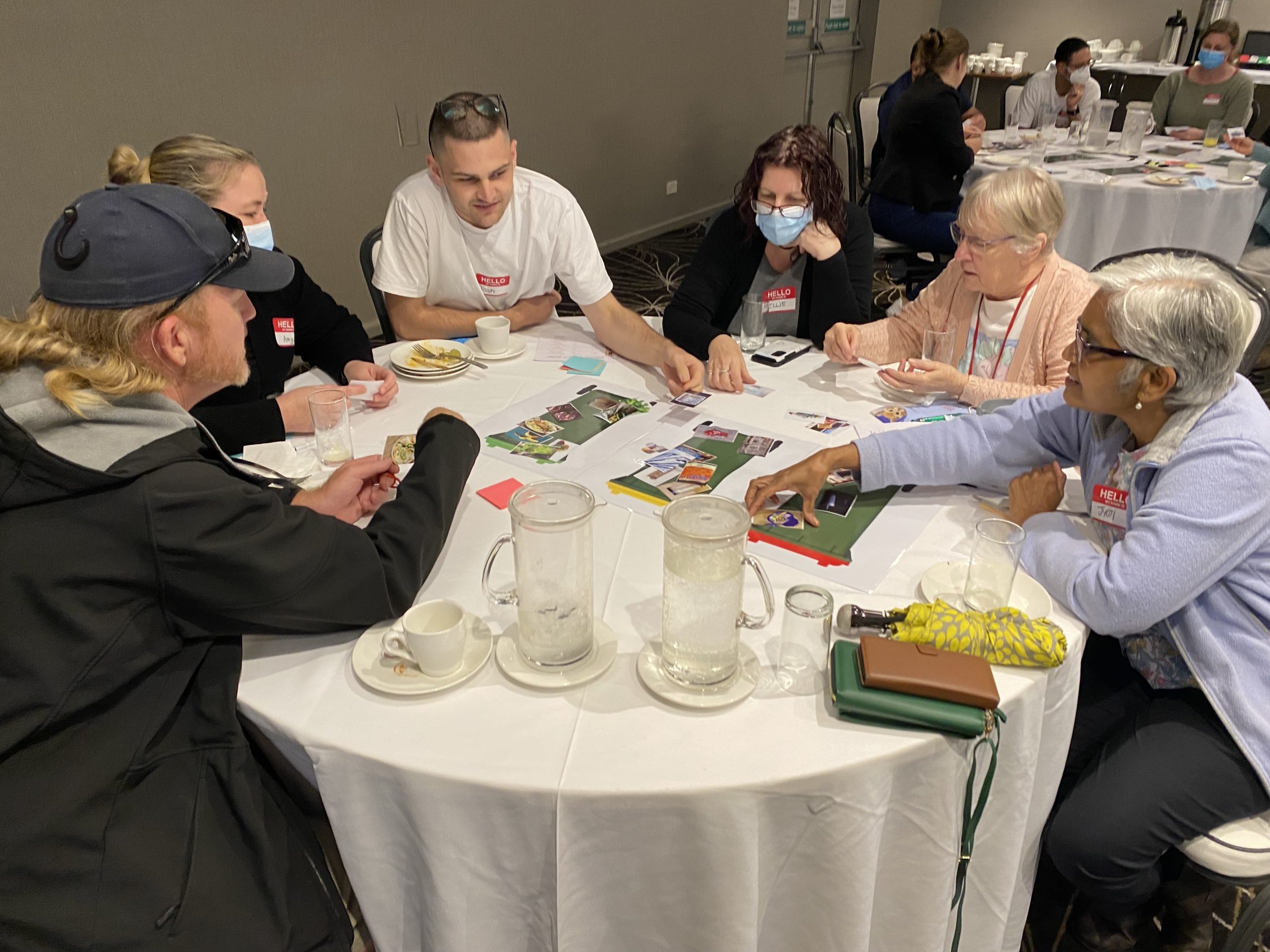City of Parramatta
Food and Garden Organics Workshop Series
As of 2022, food waste makes up almost half of the material (by weight) in the City of Parramatta’s general waste bins.
Food and Garden Organic (FOGO) waste includes meat, bones, bread and dairy scraps as well fruit and vegetable waste. These scraps are currently placed in the red-lidded general waste bin and sent to landfill, where it degrades and produces harmful greenhouse gases.
Adopting a target to divert 85% of waste from landfill by 2038, City of Parramatta Council is exploring the transition to a FOGO waste collection service, which will align with the NSW Government’s recent mandate that all households transition to a FOGO waste collection service by 2030.
Following an initial online survey undertaken by Council, Cred Consulting was engaged to conduct community and stakeholder engagement in April 2022, to inform and consult with the community about the proposed introduction of a FOGO waste collection service.




